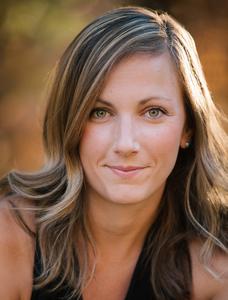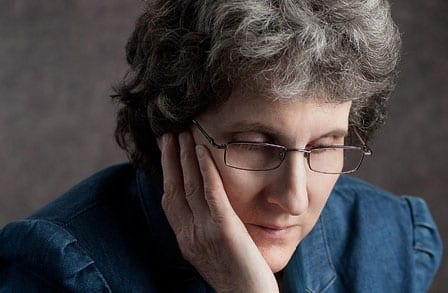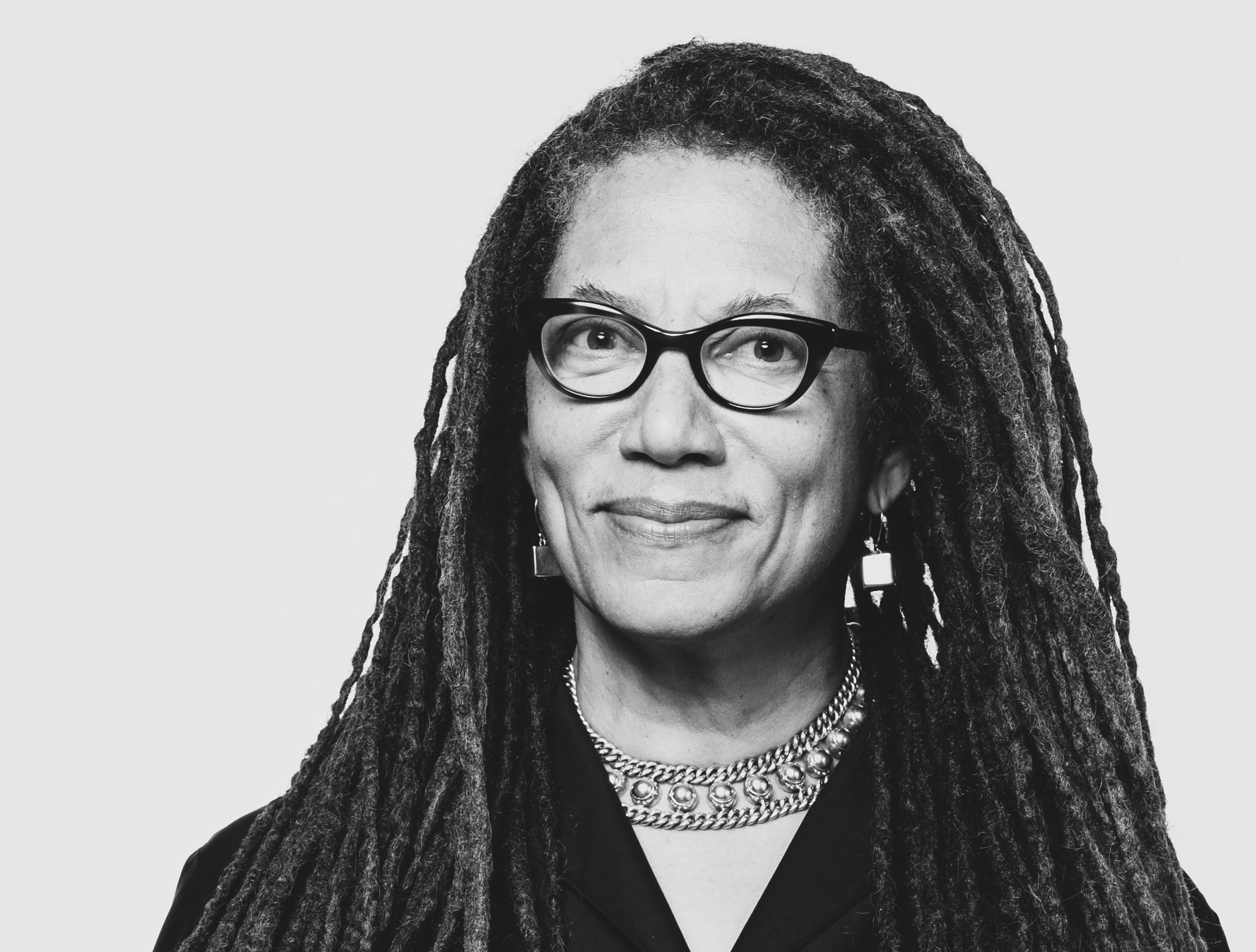Poetry is never more essential than in a time of uncertainty and tumult — a time like our own, said South Carolina poet Nikky Finney.
Poets offer “a kind of journalism of the heart, looking beyond the facts of the day,” Finney said. “What does it mean to have lived through the pandemic as a human being in this moment, and what does it mean going forward? The poet can give people insight and clarity and hope.”
Finney, the 2011 National Book Award-winner for poetry, will keynote the 14th annual Clemson Literary Festival, taking place online this year, March 24-26.
The Lit Fest, free and open to the public, will feature a dozen other writers in addition to Finney. For more information or to register to attend, visit this link.
“I’m super-excited about the lineup,” said John Pursley, longtime director of the festival and a Clemson lecturer in creative writing. “We’ve wanted to bring Nikky Finney to the festival for a long time. She’s a native South Carolinian and writes a lot about South Carolina, reflecting on political matters and many other topics.”
Finney will read from her latest collection, “Love Child’s Hotbed of Occasional Poetry,” a book inspired in part by her father, the late Ernest A. Finney Jr., the first African American chief justice of the South Carolina Supreme Court since Reconstruction.
Finney’s talk will take place 7 p.m. March 25. Her reading will be followed by a Q&A with Clemson English Professors Angela Naimou and Kimberly Manganelli.

Last year’s festival had to be canceled due to the pandemic. Many of the writers scheduled, however, agreed to take part this year.
Guests include Native American writer Santee Frazier, whose poetry documents the indigenous/Cherokee American experience. Kathi Wolfe, meanwhile, a legally blind writer, gives voice to the disabled through her poetry and other writings.
Tessa Fontaine is the author of “The Electric Woman: A Memoir in Death-Defying Acts,” about the writer’s ailing mother and Fontaine’s decision to run away and join the circus.
A complete list of Lit Fest writers is below.
Finney’s book “Love Child’s Hotbed of Occasional Poetry,” published last year, features not only poetry but also journal entries, memories, images and photography.

The book was sparked, in part, by Finney’s move back home to South Carolina in 2013 after teaching at the University of Kentucky for 23 years.
“My father, who I was very close with, was diagnosed with Alzheimer’s and I helped my family take care of him for several years,” Finney said, speaking by phone. “I found a box of his letters written to me in the 1970s. They were beautiful letters and I decided that I’d like to incorporate them into a new poetry collection.”
Finney, who often presented public poetry readings before the pandemic, misses the engaged crowds that often attend such events. But she tells her writing students that being housebound can be a good thing, forcing them to write.
“There are so many things about this pandemic that are horrific, but what it can give us is a chair to sit in and a desktop,” Finney said. “There are people who are hungry to be in conversation with artists who think very deeply, who probe questions that are not on CNN or in the newspapers. The clock is ticking. We have work to do.”
Following is a list of the events taking place in the 14th Annual Clemson Literary Festival.
March 24: 4 p.m.: Student Creative Writing Award-Winners Reading; 5 p.m.: South Carolina Review presents A Reading and Q&A with Julia Koets and Alicia Mountain.
March 25: 4:30-6 p.m.: Visiting Writer Readings (Maggie Mitchell, Sun Yung Shin and Tessa Fontaine).
March 25: 7-8 p.m.: The 14th Annual Headliner Reading and Q&A with Nikky Finney.
March 26: 6-8 p.m.: Visiting Writer Readings (Christopher Soto, Allegra Hyde, Santee Frazier and Kathi Wolfe).
Get in touch and we will connect you with the author or another expert.
Or email us at news@clemson.edu

